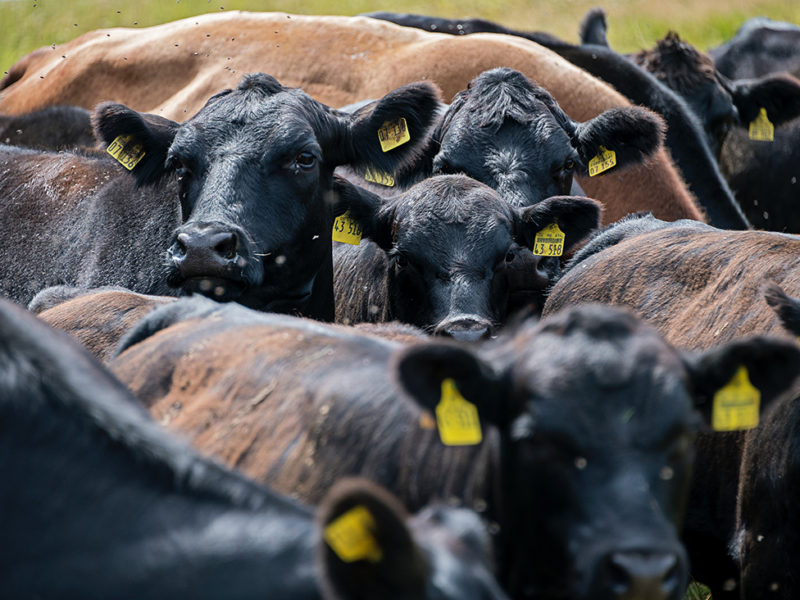Western Canada’s beef industry could ride an upward trend over the next decade, according to an economic impact report researchers at the University of Saskatchewan prepared for Canfax Research Services and the Canadian Cattlemen’s Association this spring.
The cattle sector currently has a net economic impact of $51.6 billion nationally, of which $38.8 billion occurs in Western Canada. Of this, $232 million goes into the pockets of BC producers as farm cash receipts, making it the smallest beef producer in the country outside Atlantic Canada. The sector’s direct farm cash receipts attributable to BC account for less than 3% of the national total.
But a lack of processing capacity in the province means that on-farm activities have greater significance here. Processing activities account for 1.24 times the value of on-farm activities in Alberta. In BC and other western provinces, processing accounts for just 0.45 of the value of every dollar spent on-farm.
The interconnected nature of the industry means Alberta is the powerhouse, however. While efforts to sell hooks at the new BC Beef Producers Inc. plant in Westwold continue, long-term growth in the sector hinges on Alberta.
According to the University of Saskatchewan study, a growth rate of 10% in Western Canada could see the region’s beef sector contribute upwards of $16.3 billion to Canada’s GDP by 2030. Of this, $8.6 billion would be from BC, Saskatchewan and Manitoba.
While the study faced several limitations with respect to data, the authors noted that it underscores the sector’s importance to local and national economic health.


